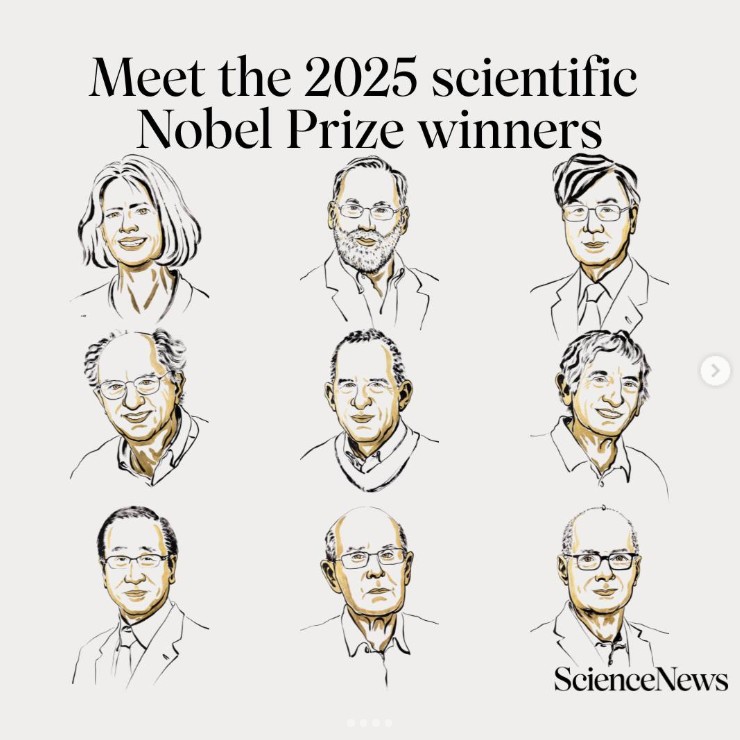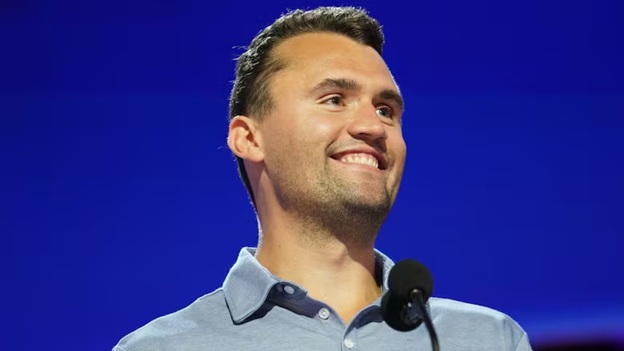This week, we celebrated with all of Canada as Geoffrey Hinton was honoured with the Nobel Prize in Physics. Dr. Hinton’s work was in the creation of the basic language and logic that now powers Artificial Intelligence as we know it, thus earning him the title “The Godfather of AI”. You might remember that among Hinton’s most significant accomplishments was his involvement with Google where for a decade he worked to develop the company’s AI technology. The approach he pioneered led the way for current systems such as ChatGPT. A year ago, he abruptly resigned from Google with a warning, “There is a flood of misinformation that AI has generated, creating information that doesn’t exist, and systematically changing information that does.” In fact, false facts would be substantiated by false references, and false references would be backed up by falsely created articles. AI scientists call this “AI hallucination”. Yes, look it up: the term actually exists. In 2023, large language systems such as ChatGPT were audited for accuracy. It was discovered that 27% of the “facts” produced were erroneous, and that 46% of all material produced comprised errors, some more serious than others. When we think about using AI to write an essay or formulate a cover letter for our job hunt, the margin of error we can tolerate is fairly high. However, when we depend on AI for moral decisions, or lean on it for medical intervention, we are far more likely to be sensitive to its hallucinations. Furthermore, companies that now develop numerous applications for AI are focused on productivity and not on safeguards. The truth is not high on the list of things that make money; and truth is usually the casualty in the AI hallucinations.
Back in the Gospel according to John, some believing Jews gathered around Jesus to ask Him about freedom. What is true freedom? Jesus said something that took their breath away, “You shall know the Truth (referring to Himself as the personification of truth), and the Truth shall set you free” (see John 8:31-38). What was He saying? You cannot gain freedom until you have Truth. Truth cannot be compromised if we want the freedom to live as we have been designed, work as we would like to work, and create what we love to create. Without truth, life twists into death, work deforms into idolatry and creativity descends into the abyss of sin. Paul declares that the focus on “what is true and just and pure and honorable” invites the presence of the God of peace (Philippians 4:8, 9). As I heard what Hinton said this past week about what he said AI has become, I am heightened in my concern for the truth. A growing generation of people are being taught that the Bible “contains the truth” and is not truth itself. We have begun to believe in what our chatbots say and not what the Word of God declares. Perhaps it is time to prompt a return to seeking Truth in the Word and in the Person of Jesus. Hinton was heard recently saying of AI, “You can’t trust something that hallucinates.” He’s right. But you can trust Jesus, “the Way, the Truth and the Life” (John 14:6).






